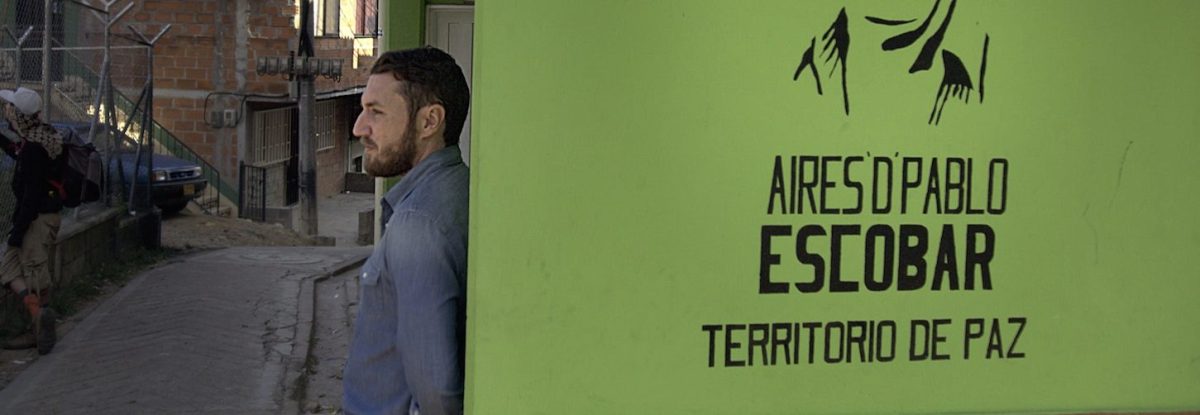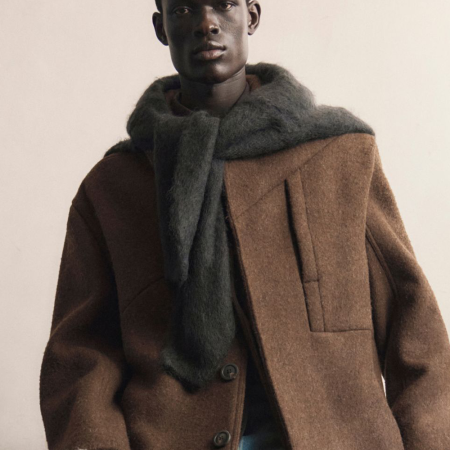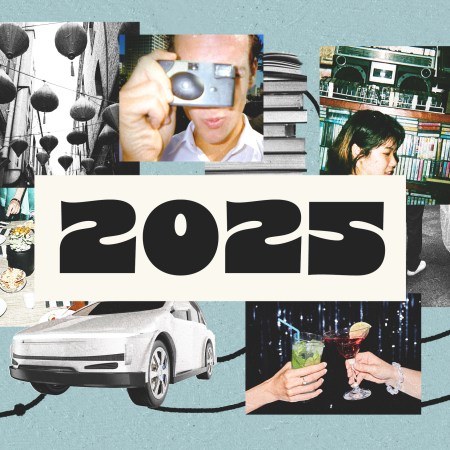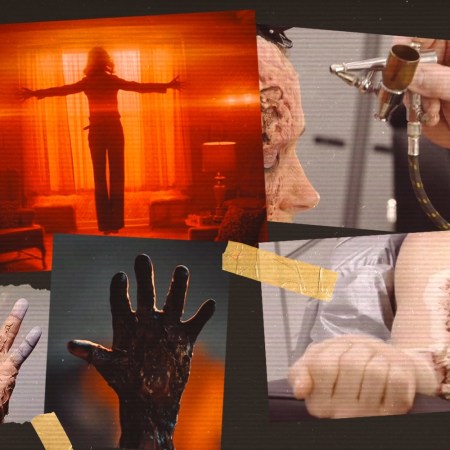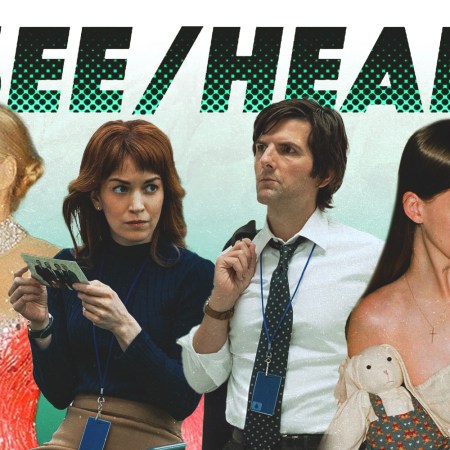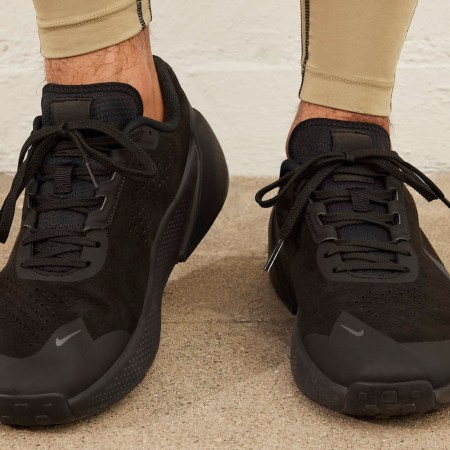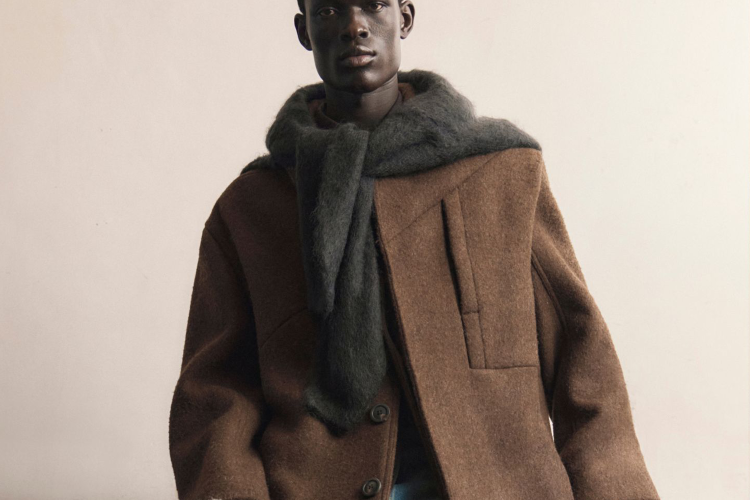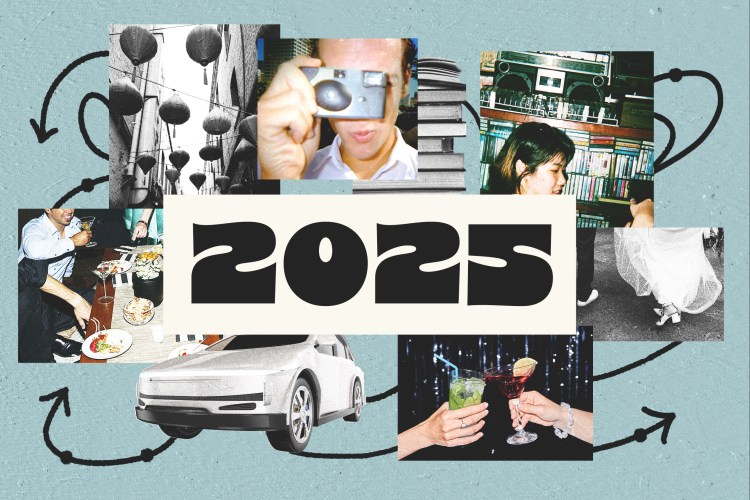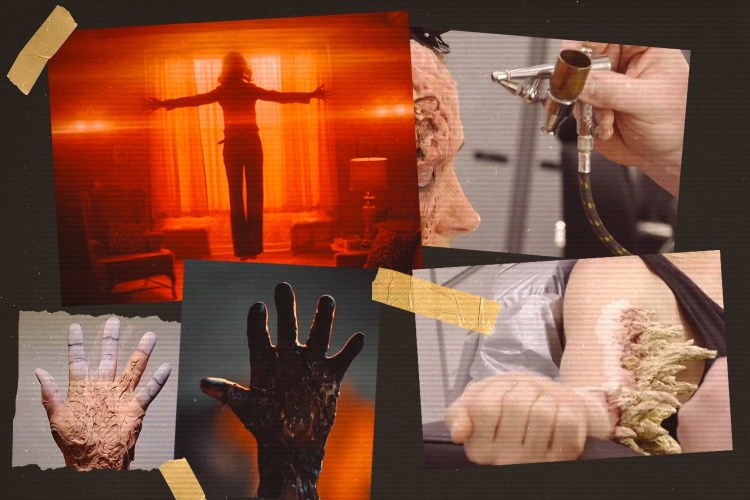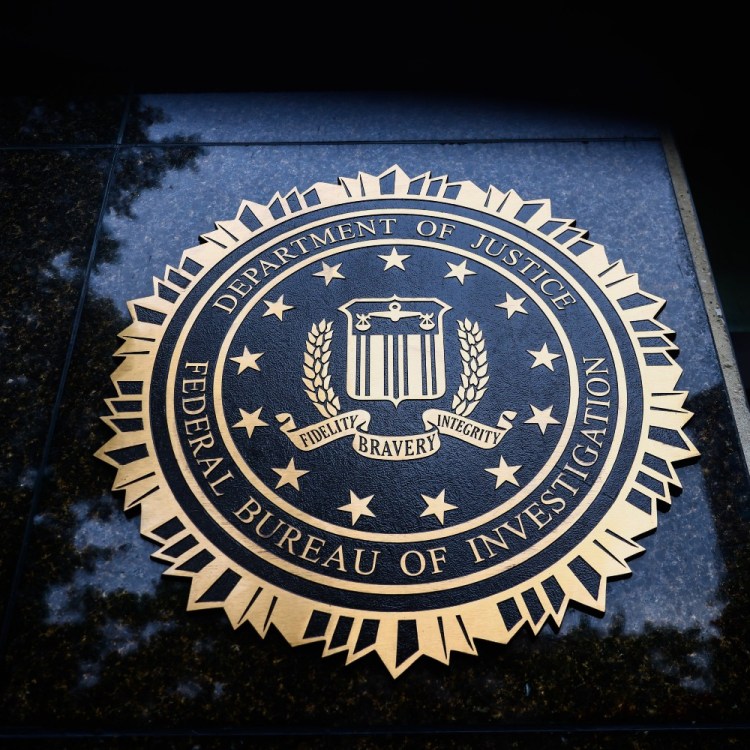What does a former CIA officer who’s just written a New York Times bestseller about his time in Afghanistan do next? If you’re Doug Laux, you dive deep into the world of the King of Cocaine, Pablo Escobar.
After a meeting with Discovery, Left of Boom: How a Young CIA Case Officer Penetrated the Taliban and Al-Qaeda author Doug Laux said he and the network began considering if it was possible “to put a former undercover operative in front of a camera.” After concluding it could indeed be done, Doug told them, ”My best friend from the agency is out now too, let’s incorporate him into this. That’s the only way I will do it. That’s the only way we can do it.”
Enter Ben Smith and Finding Escobar’s Millions was born, with the pair promising to keep five percent of whatever they uncovered as a finder’s fee and give the rest to the Colombian government. Doug and Ben set out to Colombia to uncover what remains of a fortune once estimated at as much as $50 billion, though Doug acknowledged the “numbers do vary wildly.” Until his 1993 death, Escobar was a fixture on the Forbes list of the world’s richest people. (“It really pissed off our government and the Colombian government that this guy’s in the top 10 for dealing cocaine,” Doug recalled. “We prefer to see tech entrepreneurs at the top.”)
These are some of their lessons from their time chasing Escobar’s treasure:
Colombia’s had enough of Pablo. “I would say that the Colombian government—and this isn’t me speaking for them, this is just my opinion—100 percent wants this to go away,” Doug said. “1000 percent if that were possible. They hate that this is the image of their country still.” Indeed, he felt the “vast majority of Colombians, in the upper 90 percentile, hate Pablo Escobar.” Which makes sense: “It would be as if the only thing of importance about the United States was Al Capone… If every tourist you met in New York asked you where the Al Capone shrine was, you’d get pretty tired of it.”
Well, most of Colombia. Doug admitted Pablo still had a hold on some, including the “people that live in the former trash dump that he rebuilt for them.” There are also those he lifted “out of extreme poverty and, for a lot of these guys, made ’em rich beyond their dreams. They still are loyal to this day and they love him.” He was quick to clarify this is an “extreme minority” because “point blank, most of the guys that worked for him are dead.”
Seriously though, a lot of people still despise Pablo. “You got to understand he was a sociopath,” Doug said. “The same goes for his number one assassin Popeye. After thousands of deaths, it’s clear you don’t have any remorse, you don’t really care.” (Incredibly, John Jairo Velásquez “Popeye” Vásquez is alive, a free man, and has expressed an interest in becoming the president of Colombia.) Doug recalled one thing “that really upset our government was when they discovered that Pablo Escobar hung two people upside down, skinned them alive, and set them on fire.” For maximum insanity, this occurred while Pablo was technically imprisoned—albeit in a luxury jail he built to his own specifications—and the prison guards watched.
Even in death, Pablo is a lousy neighbor. Ben said that while “going around [Escobar’s] old properties, his old life” they would encounter people who “still live there.” He noted they frequently have to deal with “treasure hunters who come barging in, trespassing, looking for Pablo’s wealth.” The result was that many of them were “quite happy to help us with our search” in the hopes of putting “to bed a rumor about their property.”
Searching Pablo’s home is harder than it sounds. As the “world’s most hunted man,” Doug said Escobar “had to stay constantly on the move.” For a time, he was able to do this in style, as he possessed “upwards of 200, 300 [residences] throughout Colombia.” (Ben noted that Pablo was at one point the country’s “largest landowner” and Doug said that Pablo “was starting to acquire most of the land throughout the country, believe it or not.”)
“We went to all of his homes,” Doug remembered “You hear these stories from a servant or a butler. They tell you Pablo would come in a helicopter and spend 15 minutes. Talk to a guy, shake a hand, have a glass of champagne, get back in the helicopter and leave. He wouldn’t be seen for a year and the property’s worth $160 million.”
Similarly, Pablo had “75 cars” but still drove everywhere in a “door-less jeep.”
Incidentally, determining if a home was Pablo’s was tricky because…
Pablo loved to spread the wealth (at least on paper). “Not all of [the homes] were in his name,” Ben said. “Some were in the names of family members, his friends, trusted advisors, lawyers.”
And if you’re planning a Pablo property tour don’t bother because…
Most of Pablo’s homes are no longer fit for a Cocaine King. Doug reported these mansions were inevitably “bombed out” after being obliterated during police raids. Of course, it’s possible some items weren’t destroyed so much as just taken. “Any time Pablo’s properties were raided by the police or the army, we heard large amounts of cash disappeared,” Ben said. “A lot of police officers retired early.”
To get a sense of just how bizarrely wealthy Pablo was and the often surreal impact he still has on Colombia, the video below shows a community struggling to cope with Pablo’s herd of hippos, who continue to multiply today.
Reams of rumors. Doug said he and Ben often read about “fortune seekers today going down in cellars and finding barrels with anywhere from $5 million to $25 million.” Reportedly some particularly fortunate treasure hunters “went to a church and dug up under the altar and escaped with $125 million.” Ultimately these were just rumors and exceptionally tough ones to confirm. After all, cash “is uniquely difficult to track” and anyone making a big score is likely to keep it hidden because otherwise “it’ll be confiscated by the government.”
Some assets are just lost. Pablo’s brother Roberto has claimed that they buried millions upon millions in assets and assumed that 10 percent of that total would be destroyed every year. Ben said this figure sounded right to him based on his time in Colombia: “Very hot, very humid, rapid erosion, storms. I would believe it.” Doug added, “Whether it be with the opium trade in Afghanistan or wherever you want to talk, these guys always have a cost of doing business in the back of their mind.” He said that’s why when “30 tons of cocaine” are seized by the Coast Guard, you can picture a cartel concluding, “That sucks, but let’s keep going.”
It could be tougher. While acknowledging the unique challenges posed by this search, Ben said they still kept the struggle in perspective: “This isn’t buried at the bottom of the sea with a treasure map.” (Incidentally, both men are very fond of Colombia and hope to return on a less Pablo intensive-journey. “It’s a beautiful country,” Ben said. “I would love to take family and friends.”)
It’ll be a long time until we get another Pablo Escobar. Quite simply, a lot of things have changed since the death of Pablo. “State building has really progressed throughout the world,” Ben said. “Governments are more functional. They can deal with corruption better.” While conceding that the world “can change in an instant,” he noted the rise of “international coordination for terrorism” would make it easier to step in before anyone approached Pablo’s levels of power.
Which may be why Pablo’s fame only seems to grow. Doug noted he was in Miami recently and passed bodegas selling “T-shirts with Pablo Escobar smiling”: “I send pictures to Ben and say, ‘Oh man, I can’t escape this guy.’”
Finding Escobar’s Millions airs Friday at 10 p.m. on Discovery. Below, watch a sneak preview of the Dec. 8 season finale.
This article was featured in the InsideHook newsletter. Sign up now.
